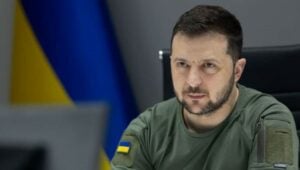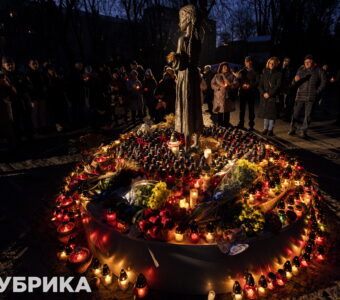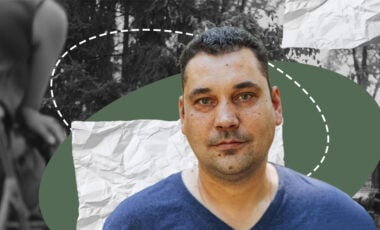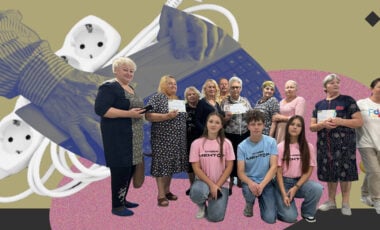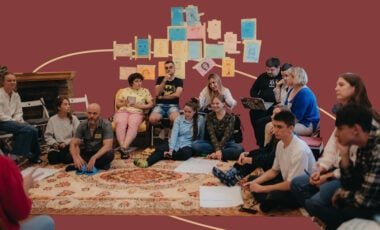UK to train 10,000 Ukrainians with little to no military experience

Personnel of the Royal Air Force Regiment will train 10,000 Ukrainians with little to no military experience in the United Kingdom.
"The RAF Gunners are part of a tri-service training programme which will see up to 10,000 Ukrainians with little to no military experience come to the UK for intensive 'soldiering' courses to help them in the defence of their country against Russian aggression," the General Staff of the Armed Forces of Ukraine posted on Facebook.
As noted, the programme is part of the UK's enduring commitment to support Ukraine in its fight against Russia's unprovoked invasion, which so far amounts to more than £2.3 billion in military aid and includes more than 5,000 NLAW anti-tank weapons and M270 multiple launch rocket systems.
Around 1,050 UK service personnel are deploying to run the programme, which will take place at the sites of the British Ministry of Defence. Each course will last several weeks.
The training will give volunteer recruits with little to no military experience the skills to be effective in frontline combat. Based on the UK's basic soldier training, the course covers weapons handling, battlefield first aid, fieldcraft, patrol tactics and the Law of Armed Conflict.
Moreover, the UK's Government rapidly procured AK variant assault rifles for the training programme, meaning Ukrainian soldiers can train on the weapons they will be using on the front line.
The UK has also gifted clothing and equipment to support Ukrainian soldiers in their training and deployment back to Ukraine.
The Armed Forces of Ukraine thanked the people and the Government of the United Kingdom of Great Britain and Northern Ireland for supporting Ukraine in its fight against the Russian invaders and Putin's regime.
As reported, the European Union officially approved the allocation of another tranche of EUR 500 million to Ukraine to step up the resilience of the Armed Forces, bringing the total amount of military aid provided to the country up to EUR 2.5 billion since February 24.



